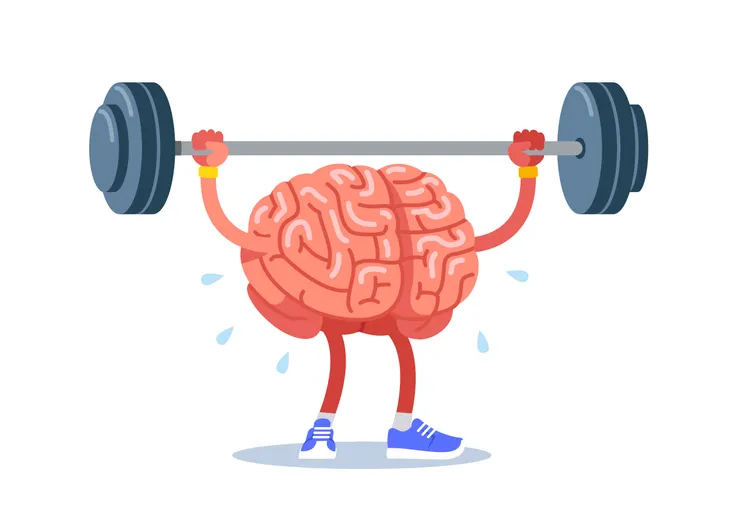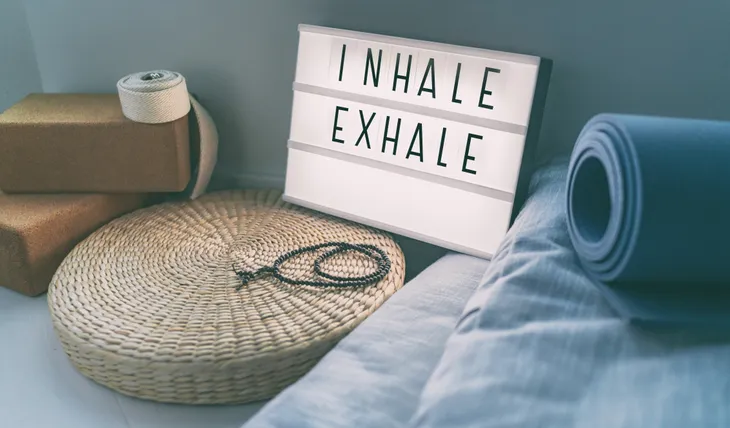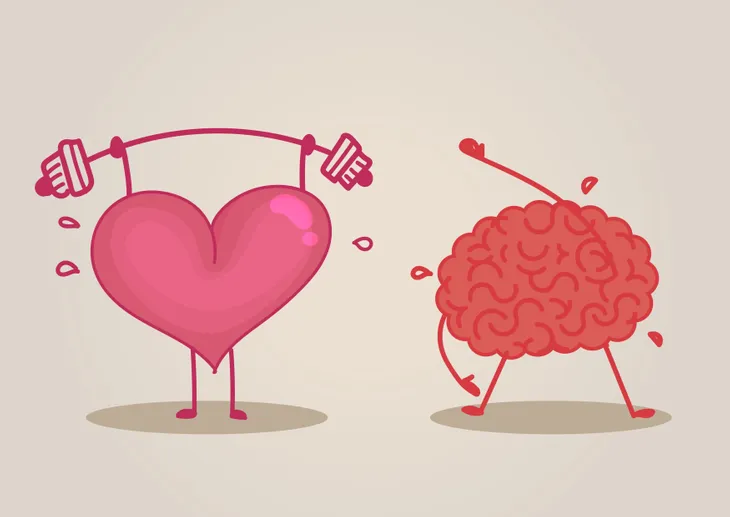Although hippocrates suggested that walking is man’s best medicine, exercise has morphed into a popular tool for those looking to sculpt, firm, and create a body that is more in alignment with what our society defines as beauty. While some have chosen a well-balanced exercise regime for the health of it, most of us have used exercise (and maybe abused exercise) with the hopes of getting bigger, smaller, stronger, or better looking.
Interestingly, research is now suggesting that exercise may not only be important to physical health, but can also serve as a form of medication for many mental health challenges. More importantly, the dose of exercise appears minimal and easy to apply to the busiest of schedules. We are not just talking about the usual adage that exercise can elevate mood, but more specific mental health conditions that may call for medication and/or therapy.
Exercise and General Mental Health
Although we may be aware of the connection between exercise and mood, research has also determined that exercise can have a positive effect on negative emotions such as anger. Additionally, physical activity promotes a sense of social connection when exercising with others, an increased sense of mastery, and a heightened level of self-esteem.
Working out can have a positive influence on sleep (if you’re already a decent sleeper), with the effect increasing as exercise bouts became longer in duration. Finally, studies have demonstrated small, but significant, improvements in cognitive functioning among active older adults who increase their aerobic activity.
Exercise and Depression
There is a large body of research suggesting the effectiveness of exercise on depression. Nanette Mutrie, a professor of physical activity for health, at the University of Edinburgh, has stated that exercise can have the same antidepressant effect on depression as other therapies can. In addition, there is evidence to suggest that aerobic and resistance exercises can serve to support other forms of treatment from moderate to severe depression.
Exercise psychologists have suggested that to gain the benefits of exercise for depression, it should be enjoyed with others. For example, walking in a group or with one other person would be ideal. Additionally, studies have shown that when we connect with nature we experience a greater level of well-being than in a gym setting.
Exercise and Anxiety
There are two classifications of anxiety; state anxiety and trait anxiety. If one is anxious about speaking in front of her peers, she may be suffering from state anxiety over a specific event. Conversely, if a person is generally and chronically anxious, he may be experiencing more trait related anxiety. The good news is research has shown a decrease in both trait and state anxiety after exercise.
Interestingly, a single session of exercise can reduce state anxiety while habitual exercising over time can have similar effects on those dealing with trait anxiety. Either way, studies have shown that aerobic exercise, when compared with resistance and flexibility training, is more beneficial when applied to highly anxious people.
Exercise and Chronic Stress
Exercise has always been touted as an effective way of managing stress. It helps to reduce our sensitivity to stress as well as serving as a cushion for the negative emotional impacts of significant life events.
Researchers have reported that those who exercise regularly are less impacted by these life stressors than those who don’t. In addition, students that reported participation in regular exercise also reported feeling less stress, depression, and anxiety.
Exercise and Eating Disorders
Over the years, there has been much debate among helping professionals as to the effectiveness and safety of introducing exercise to those suffering with eating disorders like anorexia. With exercise being used as a tool for extreme weight loss, why would counselors introduce this tool into the treatment and rehabilitation of clients?
A study published in 2002 in the journal of Medicine and Science in Sports and Exercise, found that applying exercise therapy to the treatment of eating disorders was more effective than cognitive behavioral therapy (CBT). Results included a reduction in the motivation for thinness, a reduction in binging and purging behavior, and an increase in body satisfaction among clients.
Exercise and Addiction Treatment
Similar to the controversy surrounding the addition of exercise to the treatment of eating disorders, there has been some hesitancy to apply exercise to the treatment of drug and alcohol addiction treatments. Even so, research has supported the implementation of exercise as a way to improve self-esteem and help to control abstinence.
In addition, because it has already been accepted as a way to reduce anxiety and depression, exercise may increase the quality of life and decrease feelings of anxiousness and depression that tends to associate with addiction issues.
Exercise and Schizophrenia
In a 2009 study lead by Dr. Stuart Biddle, published in the Journal of Mental Health, it was noted that exercise had demonstrated positive effects on those physical and mental health challenges associated with schizophrenia. Prescribed exercise, for this population, has shown to reduce depression, anxiety, and the potential weight gain that may result from medications and a sedentary lifestyle. Moreover, when used in combination with medication, exercise may help one cope with the auditory hallucinations that come with this mental illness.
People with serious mental illnesses have a tendency to become sedentary. By adding exercise prescription to the treatment of Schizophrenia, one may help prevent those chronic diseases that are associated with sedentary lifestyle such as cardiovascular and respiratory disease.
Exercise and Dementia
With the North American population aging, we can expect to see more cases of dementia such as Alzheimer’s disease. Recent research has been able to demonstrate less cognitive decline in active, fit older adults when compared to their less active and sedentary counterparts.
Research out of Japan examined 60 older adults between 50 and 60 years of age. Not only did the findings suggest that physical inactivity was a risk factor for dementia, researchers found that those who participated in walking, gardening, dance, and cycling showed significant reduction in risks. Individuals who took part in sports such as gymnastics, golf, or jogging did not demonstrate similar findings.
Exercise Prescription for Mental Health
For many, the thought of having to deal with finding the time to exercise may be overwhelming (especially if one is already challenged with a mental health issue). Fortunately, the prescription for exercise and enhanced mental health is extremely user-friendly.
Beginning with two days per week for 30 minutes each session is a great way to start. Once the habit begins to form, slowly increase the days per week up to five days per week. Coupled with a slow increase up to 60 minutes per session will lead to positive mental health outcomes. The best form of exercise is one we will do and enjoy doing. Walking has been suggested by exercise physiologists to be one of the most effective ways to work out and can be done anywhere, anytime, and with anyone.
Exercise Adherence
The good news is research is showing the effectiveness of exercise on mental health. The bad news is, with all we know and understand about exercise, the dropout rate for novice exercisers remains high. The literature that has examined the mental health/exercise relationship has stated the need for further research into how physical activity should be prescribed to promote long term participation.
Until then, it is always a good idea to approach a new exercise regime with caution. Once we are approved by our health professional to start exercise, begin with two days a week and slowly (very slowly) work up to a maximum of five days. Be sure to consider exercise enjoyment, group support, and activities that will fit with our lifestyles (and bank accounts). Remember, an investment in time and consideration in the beginning will lead to a more successful relationship with exercise in the longer term.













